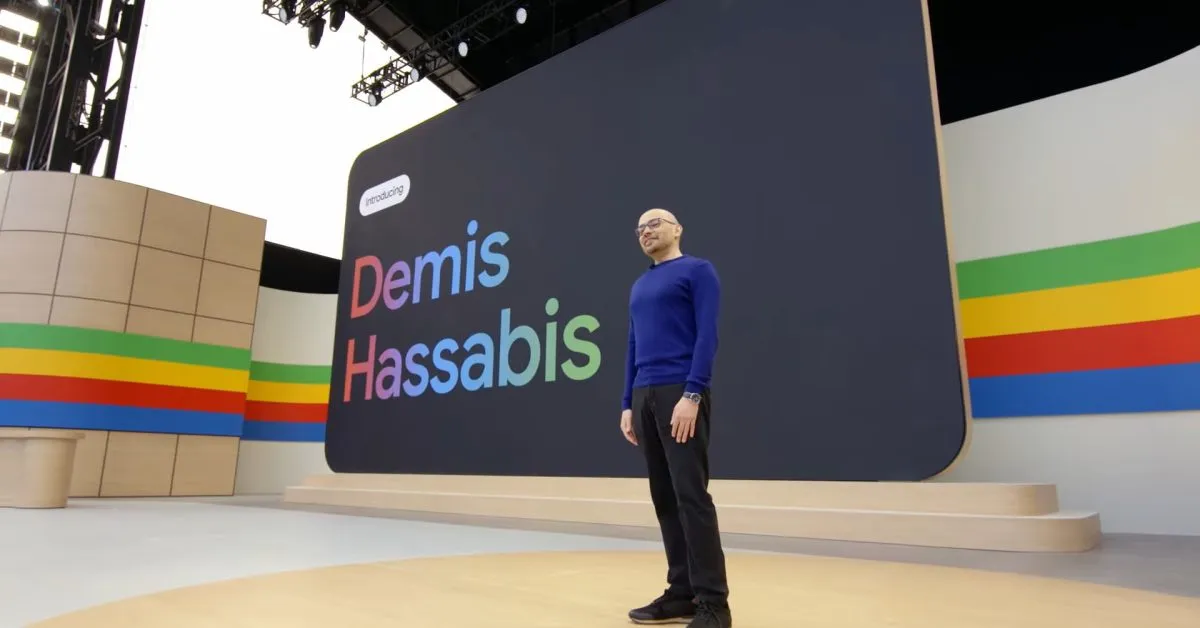
In a recent interview on 60 Minutes, Google DeepMind's CEO Demis Hassabis shared enlightening insights on the future of artificial intelligence (AI) and the direction of their latest project, Gemini. The conversation highlighted the ongoing development of the Project Astra app, currently being tested by a select group of users. One of the standout features showcased was Astra's personalized greeting: “Hello, Scott. It’s nice to see you again,” setting a tone of familiarity and user engagement.
While the internal version of Gemini, known as Gemini Live, currently lacks the greeting feature, it compensates with advanced memory capabilities. This version is designed to remember key details from previous conversations, providing better context and personalization for users. Specifically, Gemini Live includes a “10-minute memory” feature for ongoing interactions, which is expected to enhance the user experience significantly. These innovations will likely be integrated into the broader Gemini platform in the near future.
Another exciting aspect revealed during the interview was a brief demonstration of Astra functioning on smart glasses. This integration points toward a future where AI seamlessly interacts with everyday technology, allowing users to engage with AI in new and innovative ways. Looking ahead, Hassabis mentioned that Google DeepMind is training its AI model, Gemini, to perform tasks beyond mere information retrieval. The goal is for Gemini to act autonomously in daily life, such as booking tickets and shopping online, hinting at the capabilities of Project Mariner, which Google CEO Sundar Pichai previously indicated would be introduced to Gemini this year.
During the discussion, Hassabis shared his perspective on the timeline for achieving artificial general intelligence (AGI), estimating it to be 5 to 10 years away. When asked about what AGI might look like in 2030, he envisioned a system with profound understanding and nuanced interaction with the world, deeply embedded in users’ everyday lives.
Hassabis also addressed a thought-provoking question regarding the potential for AI systems to become self-aware. He expressed skepticism about current systems possessing true self-awareness or consciousness. However, he acknowledged that while self-awareness is not an explicit goal for Google DeepMind, it might develop implicitly as AI systems become more sophisticated. He emphasized the importance of these systems understanding both themselves and others, as this could pave the way for a form of self-awareness.
Hassabis elaborated on the dual reasons humans regard each other as conscious beings: first, through exhibiting behaviors similar to those of conscious entities, and second, the shared biological substrate of carbon-based life. He noted that machines operate on silicon, and while they may mimic behaviors and speech, this does not equate to a sensation of consciousness similar to that experienced by humans.
The insights shared by Demis Hassabis during the 60 Minutes interview provide a compelling glimpse into the future of AI and the advancements being made at Google DeepMind. As projects like Gemini and Astra evolve, they promise to revolutionize how we interact with technology in our daily lives.